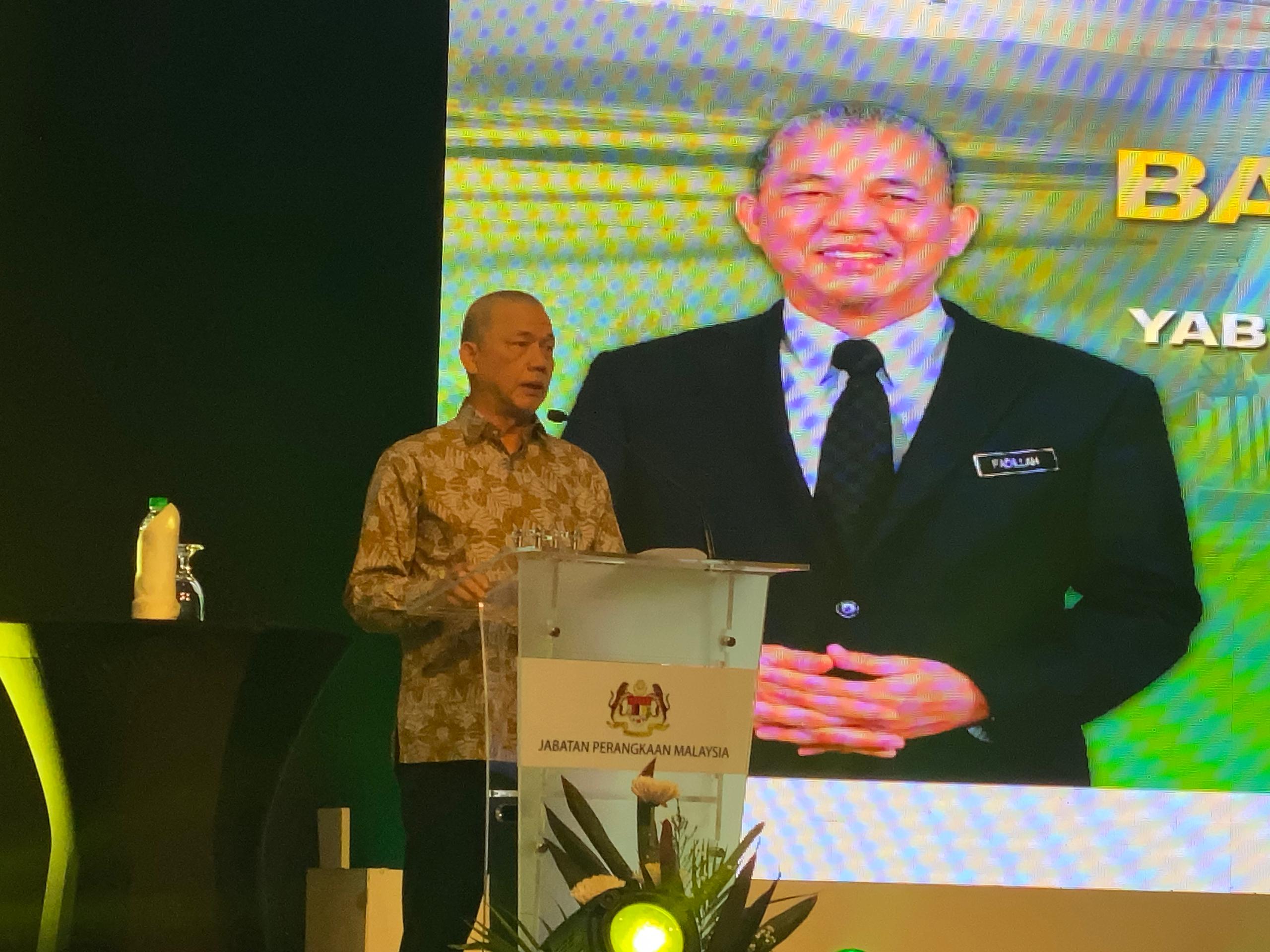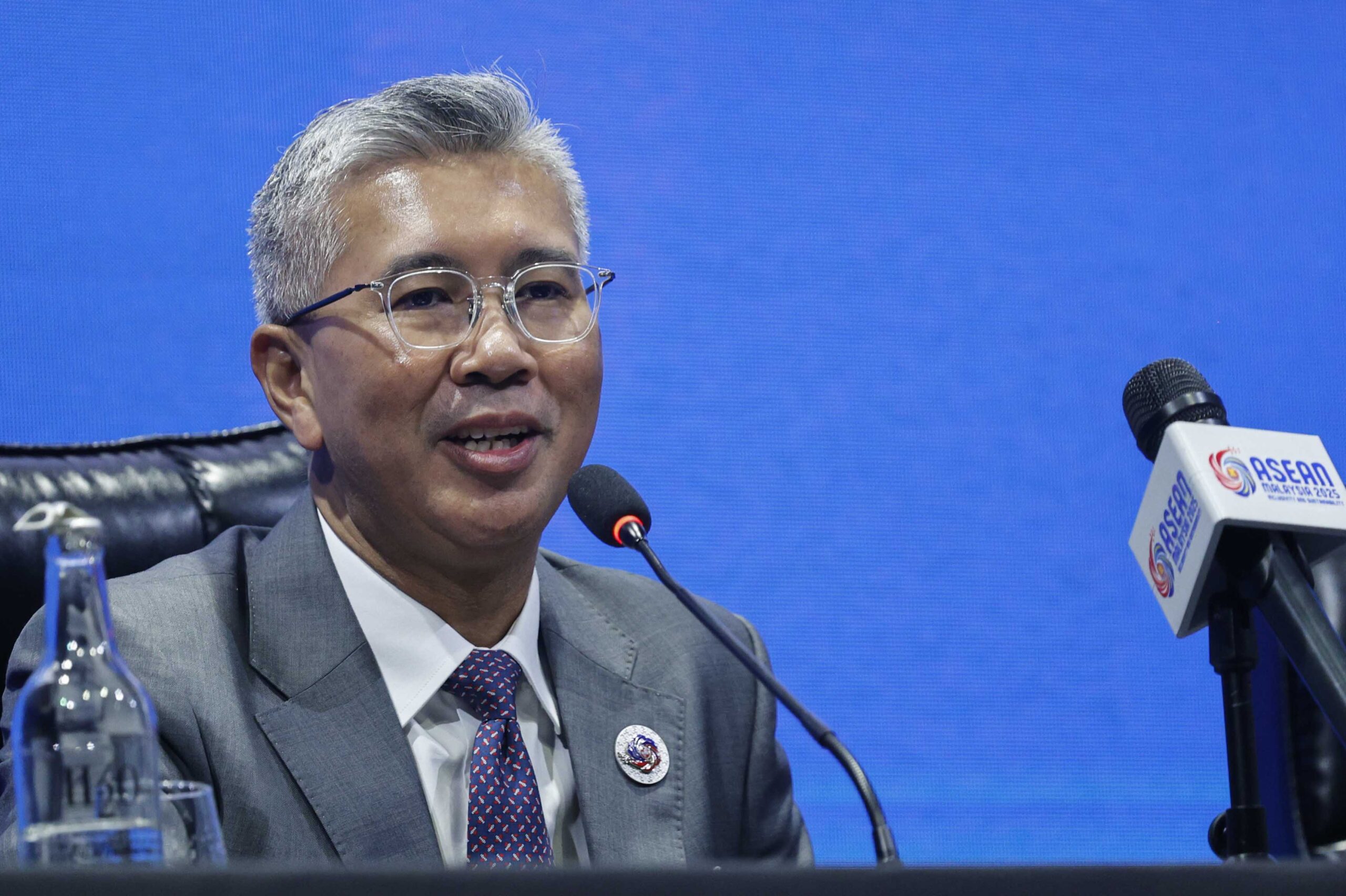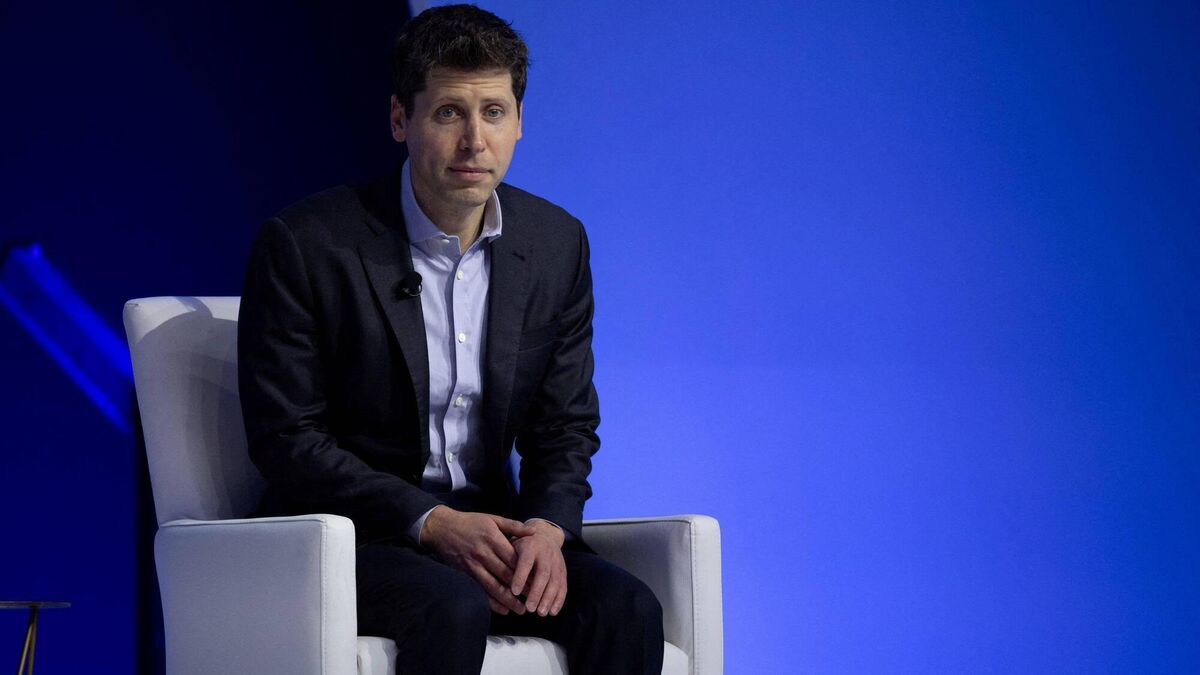California has enacted new legislation to protect minors featured in online content, expanding the scope of the 1939 Coogan Law to address the rise of child influencers.
Gov. Gavin Newsom signed two bills—SB 764 and AB 1880—that mandate financial safeguards for minors starring in monetized online content. These laws require parents or guardians to allocate a portion of the earnings into a trust and maintain detailed records on the revenue generated and the amount set aside.
The legislation has been welcomed by advocates, including singer and former child star Demi Lovato, who supported the effort during the signing event. “In order to build a better future for the next generation of child stars, we need to put protections in place for minors working in the digital space,” said Lovato. She recently appeared in Child Star, a Hulu documentary exploring the lives of young performers in Hollywood, highlighting the need for stronger protections for online child creators.
The new laws aim to close gaps in the Coogan Law, which was designed to protect child actors by requiring 15% of their earnings to be placed in a trust. However, the original law did not account for children working as influencers or in online content. Newsom acknowledged the evolving risks for children in today’s entertainment landscape, stating, “A lot has changed since Hollywood’s early days, but here in California, our laser focus on protecting kids from exploitation remains the same.”
The need for such legislation has become more urgent with the rise of family “vlog” channels, where children are often featured prominently. The laws are intended to protect these children from financial exploitation, but concerns remain about the broader social and mental consequences of being overexposed online.
Advocates have warned about the psychological risks of “sharenting,” a term used to describe the over-sharing of children’s lives by their parents on social media. Some legislators are now pushing for additional privacy protections to help children who may be exploited without their consent.













